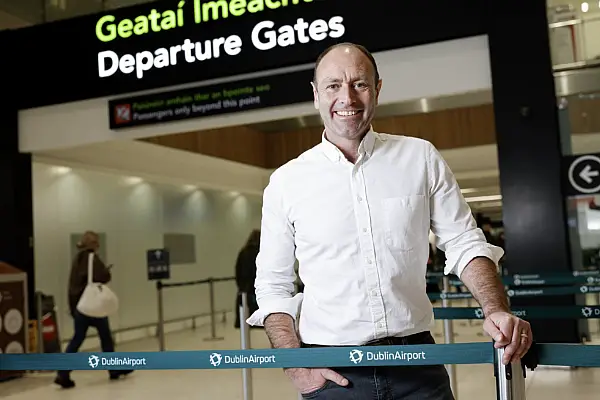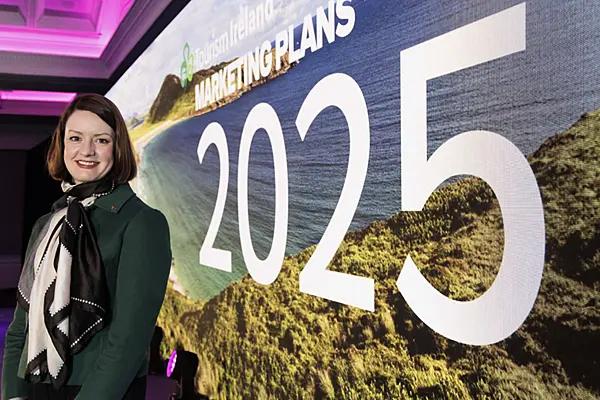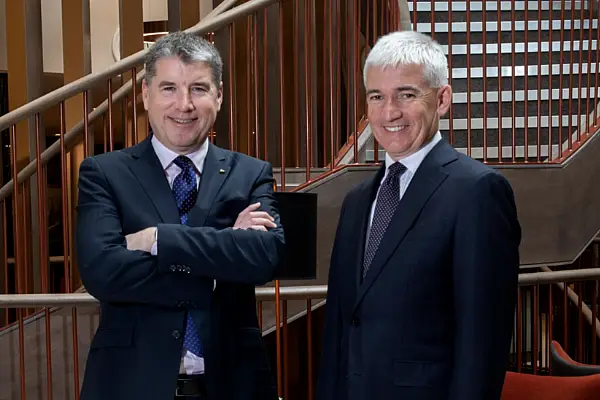daa, the operator of Dublin and Cork airports, has announced interim financial results for the first six months of 2024, which show the group’s profit after tax before exceptionals rose by 44% to €82.1 million, compared to €48.8 million in the same period last year.
A total of 17.9 million passengers passed through the both airports, marking a 5% increase compared to the same period in 2023. Dublin Airport saw a 5% rise in passenger traffic, while Cork Airport experienced 11% growth, becoming the fasting growing airport in the country.
"The continued growth in passenger numbers and revenue reflects the robust demand from both passengers and airlines alike to grow their business at our airports," said Kenny Jacobs, CEO of daa.
"However, there are strong headwinds ahead as a result of ongoing planning issues and the 32 million passenger cap at Dublin Airport which will be reflected in our performance for the second half of this year and into 2025."
Passenger Cap
Group turnover reached €504.3 million, a 10% increase from €458.8 million in the first half of 2023.
This growth was driven by a 15% increase in domestic revenue, which totalled €389.3 million.
Profits before tax from the Group’s international retail, consultancy, and management business, operated through Aer Rianta International cpt (ARI) and daa International Limited (daaI), increased from €10.5 million to €14.2 million.
Kenny Jacobs said that while the group continues to encourage and incentivise its airline partners to grow at Cork, its ability to grow to match demand for international travel by a growing Irish population is currently curtailed at Dublin given the 2007 passenger cap.
'Less Choice'
"Less seats this winter and next summer, is going to result in higher air fares and less choice for the travelling public unfortunately until the cap gets resolved by planning permission being granted," said Kenny.
"We hope planning can move faster, we submitted our 40 million passenger application almost one year ago and we expect it could take a further two years before this is approved."
He added, "We are also working on a comprehensive ‘no build’ operational application to remove the cap in the coming months that we hope can move through the planning process faster.”








